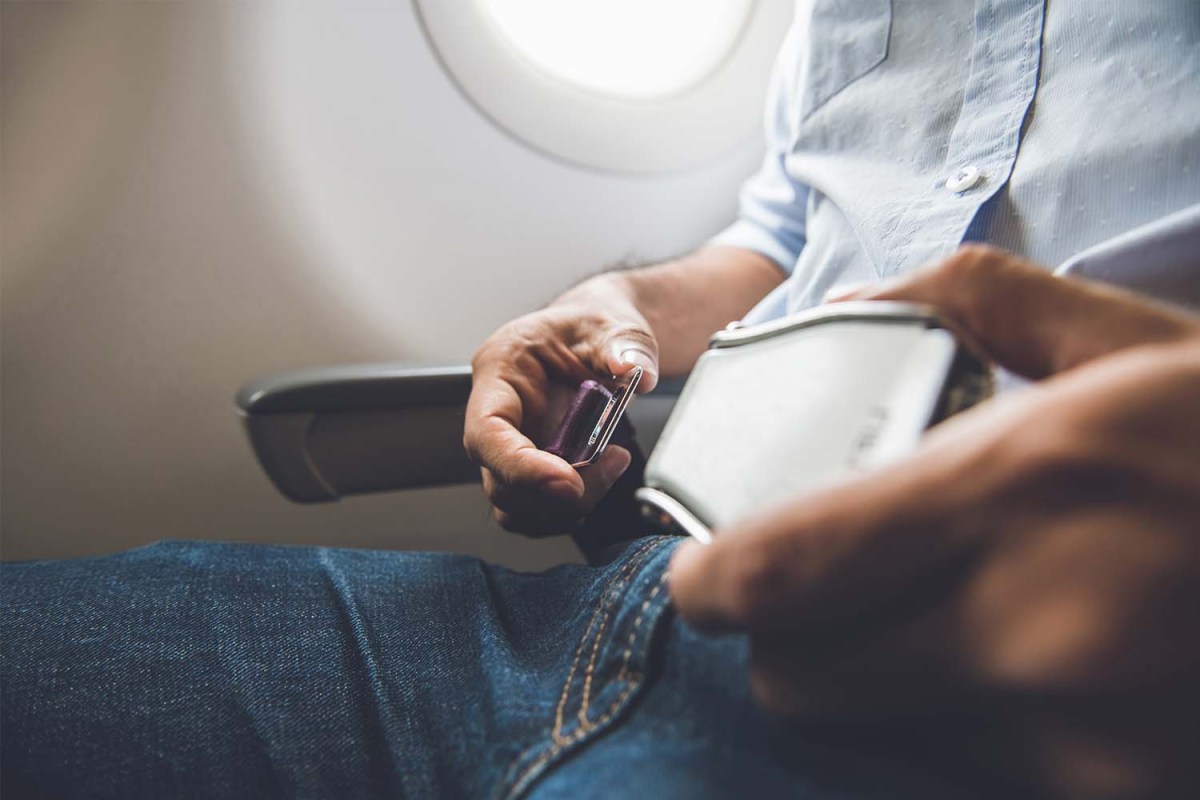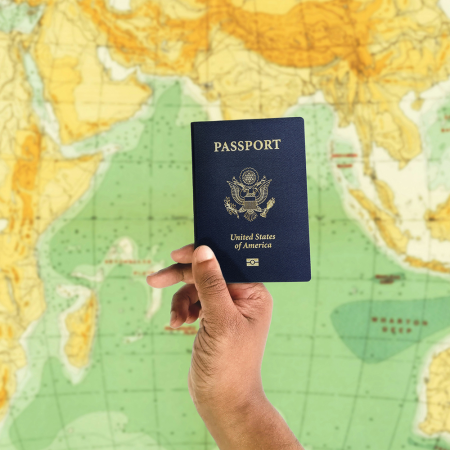When Ozempic ads began cropping up in subway stations across New York City, most people seemed to agree that it was a bridge too far. Given America’s relationship to prescription drugs and it’s sordid past of fat-shaming, many found the idea of advertising the “miracle” weight-loss drug, as if it was a Broadway show, unsavory. And, perhaps in no small part — because, in spite of the ethicality of Ozempic constantly being argued in social circles — it served as a reminder that there are still a lot of people making a lot of money off of easily influenced consumers who likely don’t need it at all.
It’s also perhaps what makes the assertion, based on a new report from Jefferies Financial, that “weight-loss drugs are estimated to save airlines millions” so jarring.
“Airlines and planemakers obsess about reducing jet-fuel consumption by constantly finding new ways to reduce aircraft weight,” Bloomberg’s Mary Schlangenstein wrote on Friday after the report was published. “They may have new allies in Ozempic and other similar slimming medications.”
The gist is this: according to Sheila Kahyaoglu, a Jefferies Financial analyst, United Airlines Holdings Inc. would save $80 million a year if the average passenger lost 10 pounds, thus trimming around 1,790 pounds from every United flight and saving 27.6 million gallons a year on fuel. Her work, Schlangenstein notes, was part of a broader Jefferies analysis of “public enthusiasm” for Ozempic and “potential beneficiaries of its use.” (Because what are semaglutides for if not to make airlines millions of dollars?)
Does Ozempic Cause Depression?
We spoke to medical professionals to find outIt’s not a total surprise that airlines would have a vested interest in Ozempic. For the uninitiated, passenger weight, and how it pertains to flying, has been raised a multitude of times in recent years. Just this summer, off the back of the news that Air New Zealand would begin weighing passengers, CNBC posed the question to its readers: Is it reasonable to weigh [airline] passengers? (You may be surprised to hear that, in an FAA advisory circular published in 2019, it is stated that U.S. airlines can weigh passengers.)
It’s a multi-faceted issue, and one not entirely having to do with money. (Allegedly.) There’s a socio-cultural component at play, as more and more passengers are becoming outspoken about the terms under which overweight passengers are expected to fly (whether it’s because they’re overweight themselves, or because they’ve been horribly inconvenienced by an overweight seatmate), but, moreover, there’s safety to consider. All aircraft have maximum weight allowances — which also comprise cargo, fuel and the weight of the aircraft itself — to adhere to. (Allegedly.)
“We use average weights of passengers, but people are getting a lot heavier,” Florida Tech’s College of Aeronautics instructor Shem Malmquist told CNBC. “Three hundred people that weigh more than average can put an airplane significantly overweight, and all of our performance calculations — runway length, climb, obstacle clearance, landing distances, altitude capabilities — all are dependent on weight, among other things.”
That much is true. But the concerns about safety? Mostly bullshit, according to that same report. Aviation software is built to adapt to weight changes and air density, among other things, and passenger weight actually accounts for a relatively small percentage of the total allowance.
But that’s all really beside the point. The real issue is that it’s a stretch to ascertain that prescription weight-loss drugs are the answer to cutting fuel costs. To start, it assumes that every overweight person is actively pursuing, or even interested in, prescription weight loss. (For context, according to 2017–2018 data from the National Health and Nutrition Examination Survey, nearly one in three adults (30.7%) are overweight and more than two in five adults (42.4%) have obesity in the U.S. Only about 1.7% of people in the U.S. have been prescribed a semaglutide in 2023.)
Further, it perpetuates the idea that the onus is actually on the passenger rather than the airline when, spoiler alert!, it’s on the airline. Of course, it does bear mentioning that most passengers are not actively seeking an Ozempic prescription as a means of becoming a more exemplary traveler — nor, to be fair, is the Jefferies analysis suggesting that they should be. But to talk about one as a positive byproduct of the other is inherently problematic and, frankly, gross.
The Charge will help you move better, think clearer and stay in the game longer. Subscribe to our wellness newsletter today.




















